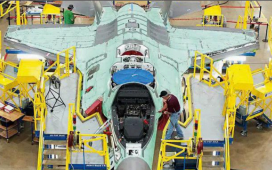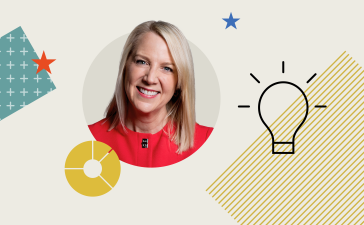
Beyond personal grit, key factors in their success include organisational support, improved coaching and greater use of sports science, including onsite rehab. The fine performance also owes much to the ‘signalling effect’ sparked by Deepa Malik’s medal at the 2016 Rio Paralympics, which inspired other women with disabilities to believe they, too, could succeed.
But the performance of Indian para-athletes in Paris shouldn’t be seen merely as a sporting success. It must serve as a catalyst for empowering and making daily life easier for the differently abled across India. Exceptional physical feats at the highest level must be matched by basic accessibility at the everyday level. Despite the Rights of Persons with Disabilities (RPwD) Act of 2016, accessibility to public infra remains a challenge. Earlier this year, the Supreme Court expressed its frustration over the slow implementation of the law, highlighting the need for urgent action. Disability rights groups continue to demand 5% of the total budget across ministries for welfare. Yet, current allocations sit at 0.025%. It’s time India’s commitment to its para-athletes extended beyond the arena and into the everyday lives of its citizens with disabilities. A nation that can win on the global stage shouldn’t stumble at home.











